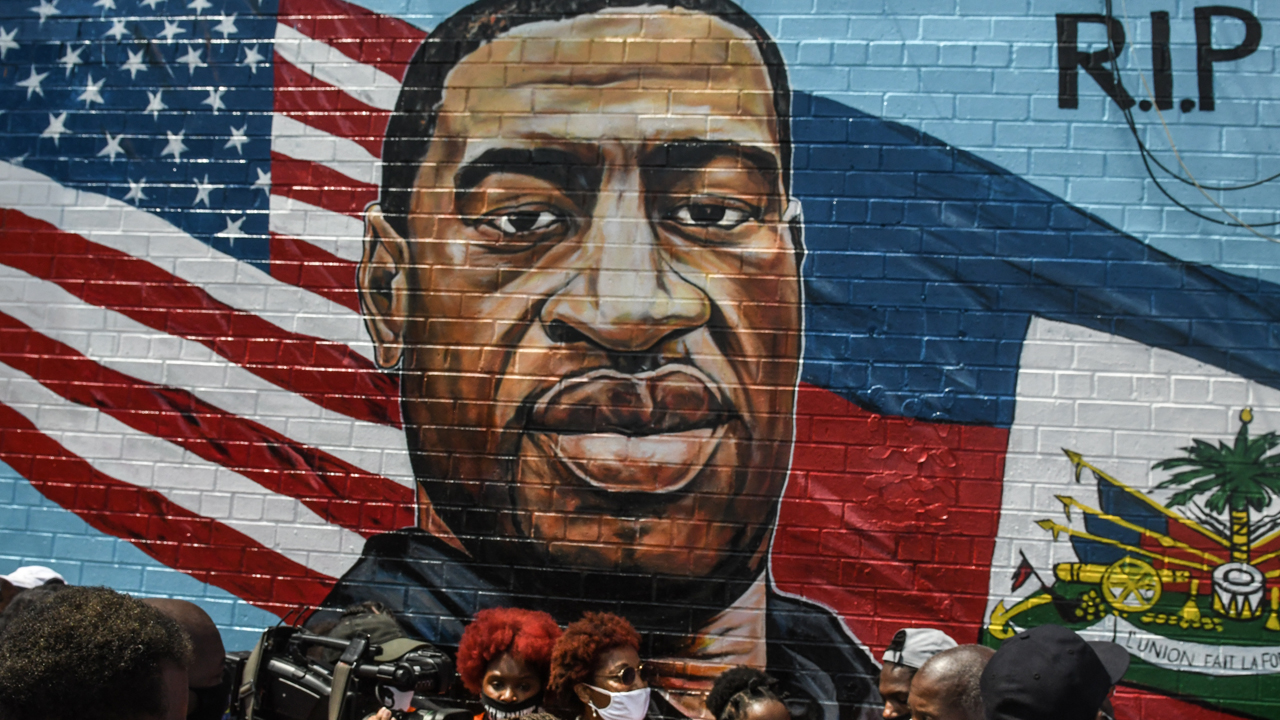
The defense team representing the former Minneapolis Police officer accused of killing George Floyd put forward new evidence about Floyd’s drug use on the day of his death during the trial’s opening arguments on Monday, as both sides clashed over the relevance of the information.
[ad]
Eric J. Nelson, Chauvin’s lead defense counsel, sought to defend Chauvin’s restraint of Floyd, captured in a graphic viral video that showed the officer kneeling on his neck for roughly 9 minutes, as appropriate given Floyd’s behavior during their May 25 interaction.
Presenting previously unknown evidence during his opening argument, Nelson said two employees at Cup Foods, the store that called the police on Floyd for using a counterfeit $20 bill to buy a pack of cigarettes, concluded he was under the influence of “something,” with one clerk describing him as unable to “control himself.”
In the half an hour before police arrived at the store, Nelson said two of Floyd’s friends who were sitting in the car with him will testify that he took two pills originally thought to be Percocet, but likely a mixture of Methamphetamine and Fentanyl, according to the findings of the autopsy report.
“Mr. Floyd’s friends will explain that he fell asleep in the car and they couldn’t wake him up,” Nelson said, adding that one of the friends called her daughter “to come and pick her up because they couldn’t keep Mr. Floyd awake.”
The trial will reveal evidence of “further concealment of controlled substances,” said Nelson, painting the described drug use as the precursor for a “struggle” between Floyd and the Minneapolis Police Department officers when they arrived on the scene, resulting in Chauvin deciding to apply the “maximal restraint technique” which declared the cause of death a “homicide.”
“You’re going to hear obviously that he struggled with drug addiction, that he had a high blood pressure [and] they’ll talk about heart disease,” Blackwell said in his opening statement. “What you’ll learn is that George Floyd lives for years, day in and day out, with all these conditions until this one day.”
The true cause of Floyd’s death emerged as the central thread during both side’s opening arguments on Monday. Blackwell boasted the findings of the medical examiner’s report, which noted Floyd experienced cardiopulmonary arrest “while being restrained by law enforcement” and said he plans to call as witnesses eight medical professionals who will prove Floyd’s cause of death was “asphyxia.”
Nelson, meanwhile, argued that Hennepin County’s Chief Medical Examiner Andrew Baker found “none of the ‘tell-tale’ signs of asphyxiation.”
He said:
The evidence will show Mr. Floyd died of a cardiac arrhythmia that occurred as a result of hypertension, his coronary disease, the ingestion of methamphetamine and fentanyl, and the adrenaline flowing through his body, all of which acted to further compromise an already compromised heart.
[ad unit=2]








